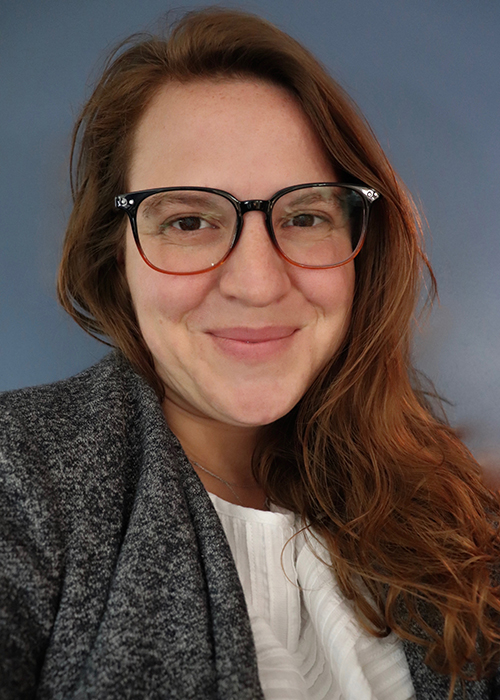
Posted on September 2, 2020
Ellis Torrance, a doctoral candidate in Louis-Marie Bobay’s research group at the University of North Carolina, Greensboro, has received a Department of Energy Computational Science Graduate Fellowship (DOE CSGF) to support her Environmental Health Science research.
Torrance, from Murphys, California, is among the 5 percent of applicants chosen for the fellowship this year.
DOE’s Office of Science and the National Nuclear Security Administration support the DOE CSGF and the Krell Institute of Ames, Iowa, administers it. Each year, the program grants fellowships to doctoral students whose education and research focus on using high-performance computers to solve complex science and engineering problems of national importance. Since it was launched in 1991, the DOE CSGF has supported more than 500 students at more than 70 universities.
Fellows receive full tuition and fees plus an annual stipend and academic allowance, renewable for up to four years. In return, they must complete courses in a scientific or engineering discipline plus computer science and applied mathematics. They also must conduct research at one of 21 DOE laboratories or sites across the country on a three-month practicum.
Torrance is one of 26 first-year fellows for 2020, bringing the total number of current DOE CSGF recipients to 95 students in 23 states.
The fellowship and related practicum experiences are effective workforce recruitment tools for the national laboratories. Nearly a quarter of all DOE CSGF alumni work or have worked in a DOE lab setting. Others pursue careers in academia, industry or government, where they introduce and advocate for computational science as a tool for discovery.
For more information on the DOE CSGF, contact the Krell Institute.